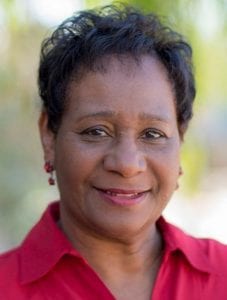The first article in this series, based on Rachael Cayley’s October 19, 2022, TAA webinar, “Confronting the Anxiety of Academic Writing,” considered the importance of taking academic writing anxiety seriously. The second discussed Cayley’s suggestions for tackling the intellectual and practical difficulties associated with writing.
In this third article, we delve into the first of Cayley’s three principles for reconceptualizing writing: using writing to clarify your own thinking. In subsequent posts, will discuss the other two principles: committing to extensive revision and understanding the needs of the reader.







